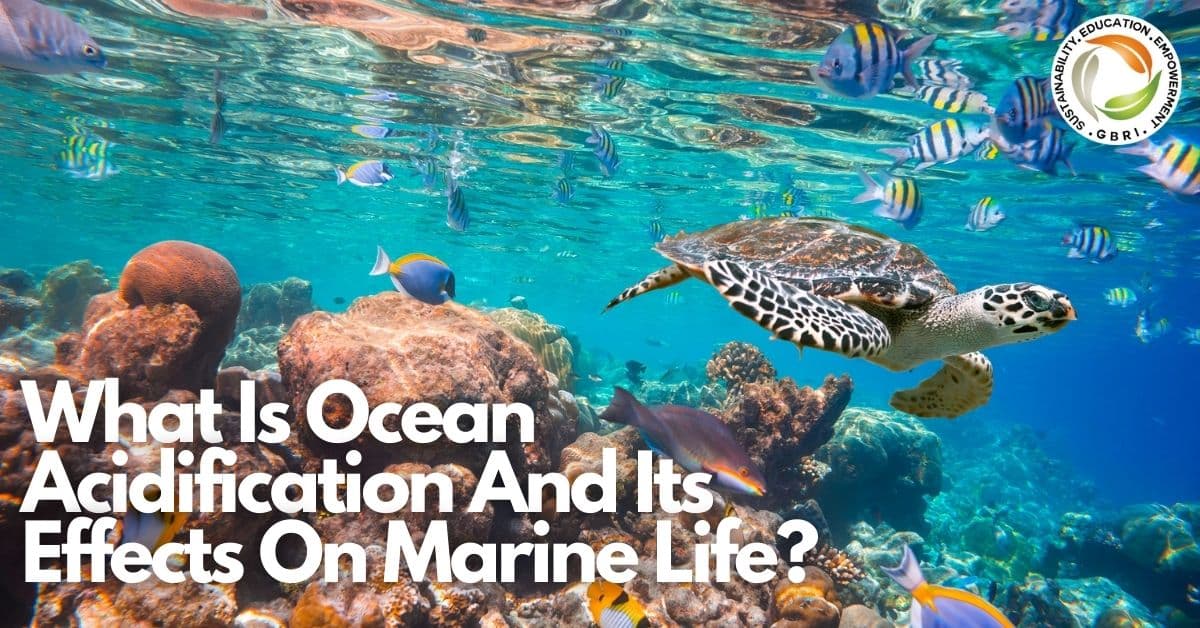Our oceans absorb the carbon dioxide present in the air like a sponge. This causes chemical reactions in the water, reducing the pH levels of oceans and increasing the concentration of hydrogen ions. As a result, the seawater becomes more acidic, with reduced carbonate ions present in it. This chemical reaction is termed ocean acidification.
Since the industrial revolution, the level of carbon dioxide in the air keeps increasing every day due to the burning of fossil fuels and land-use change. With more carbon dioxide in the air, the oceans keep absorbing more and more carbon dioxide affecting their ecosystems.
Why Are Carbonate Ions So Important For Oceans?
Carbonate ions are like a building block for calcifying organisms such as seashells, coral skeletons, oysters, clams, sea urchins, deep-sea corals, and calcareous plankton.
With carbonate ions decreasing, it’s difficult for such organisms to build and maintain their shells for survival. This change in carbonate ions affects other non-calcifying organisms as well. It makes it difficult for certain types of fish to detect their predators and escape from them, which affects the overall food system.
The Biological Impact Of Ocean Acidification
Studies show that ocean acidification will impact marine species in varying degrees. Photosynthetic plants, like algae and seagrasses, may benefit from this as they require high-concentration levels of carbon dioxide for survival.
On the other hand, this is detrimental to calcifying species in the ocean with the water turning more acidic, oceans warming up, and the oxygen level decreases. This is stressful for marine life that needs oxygen for survival.
The consequences of human beings disrupting the environment over millions of years are slowly beginning to show up and it’s high time that we take responsibility for our actions and strive to find a solution.






